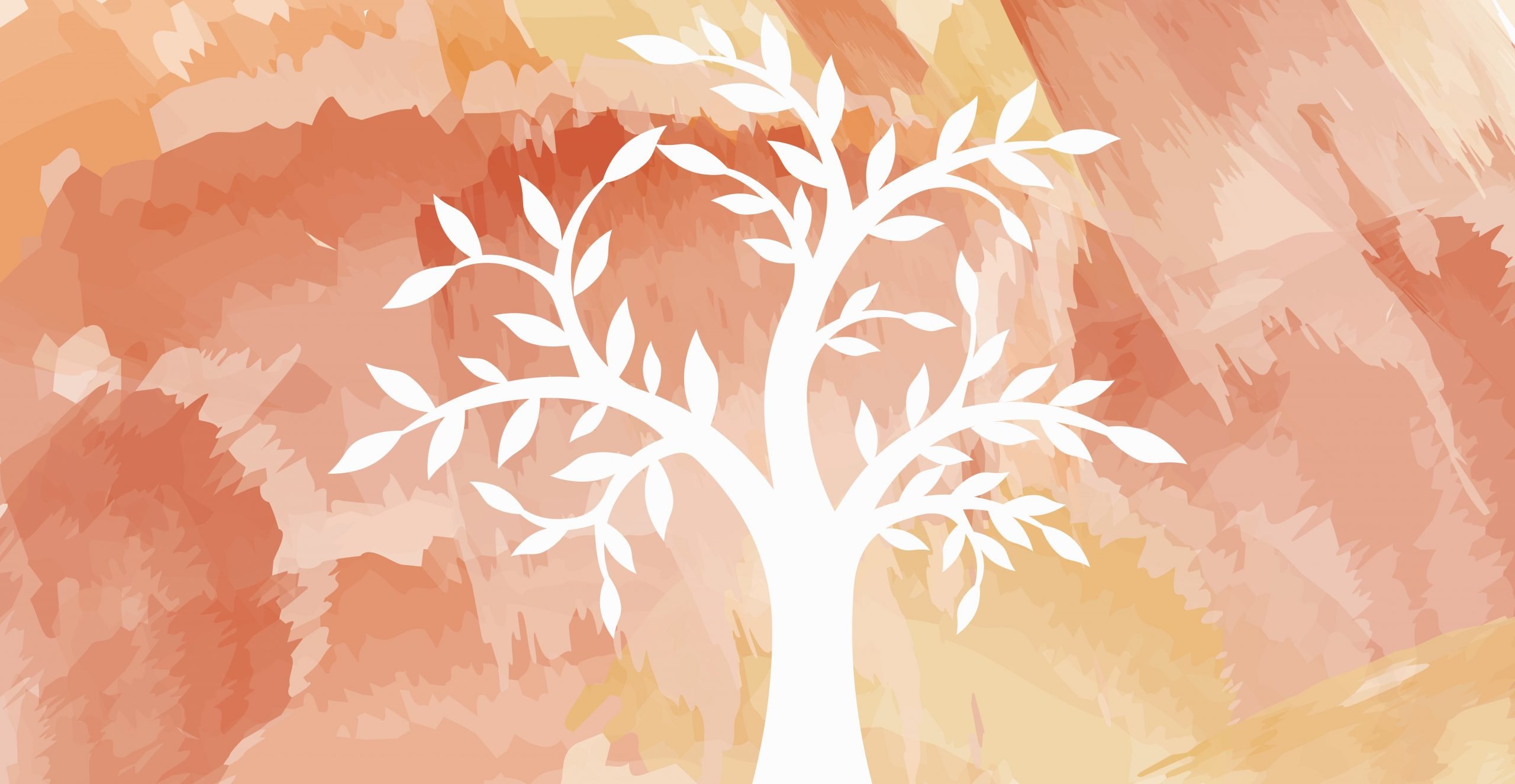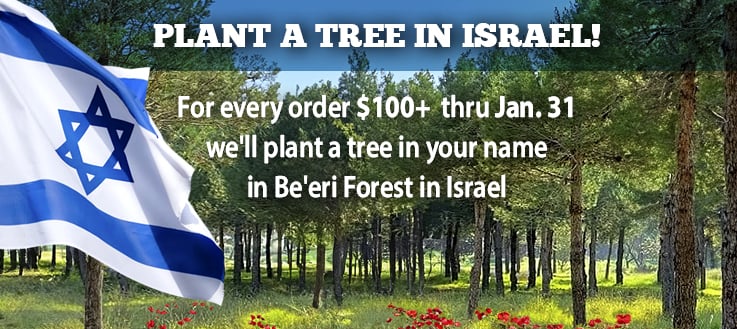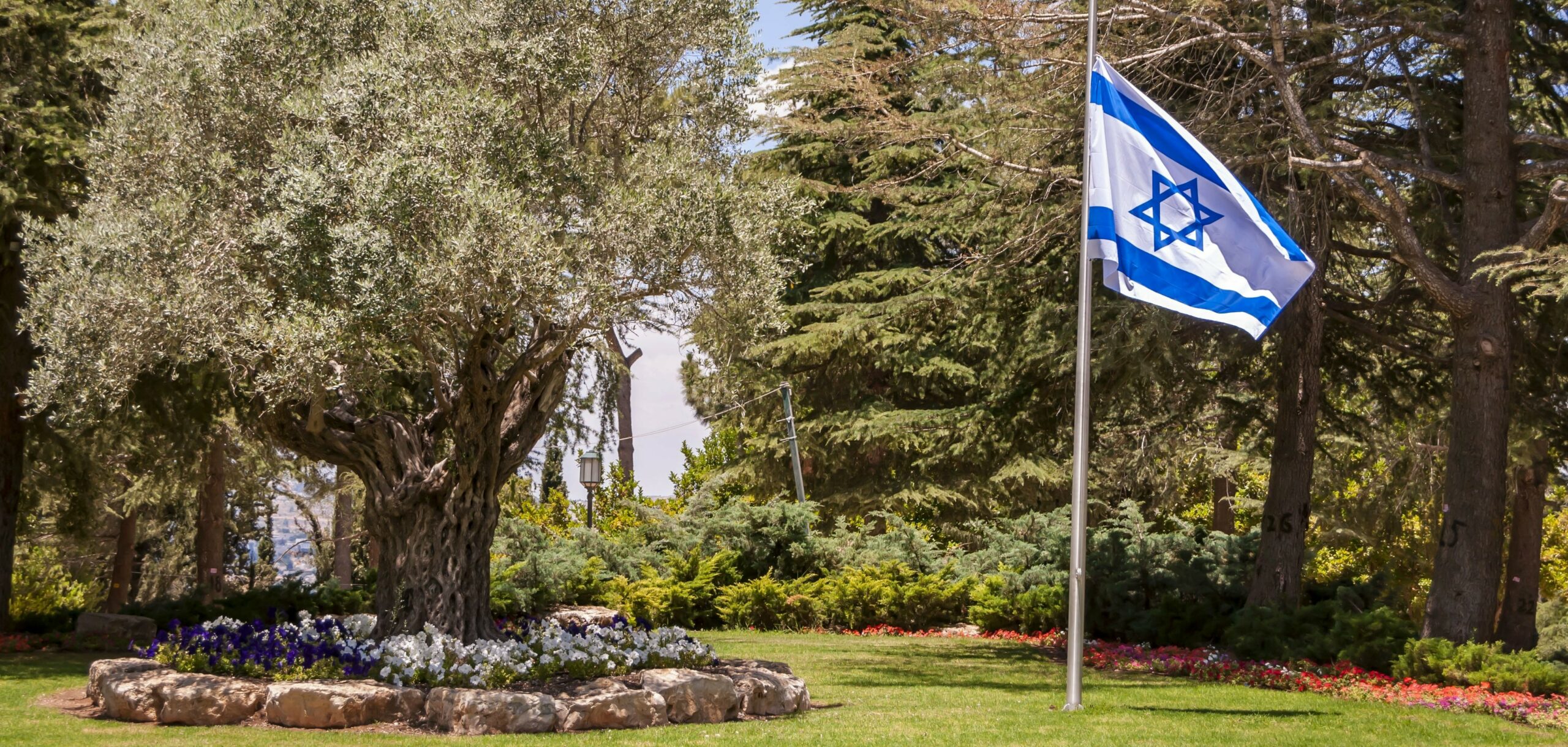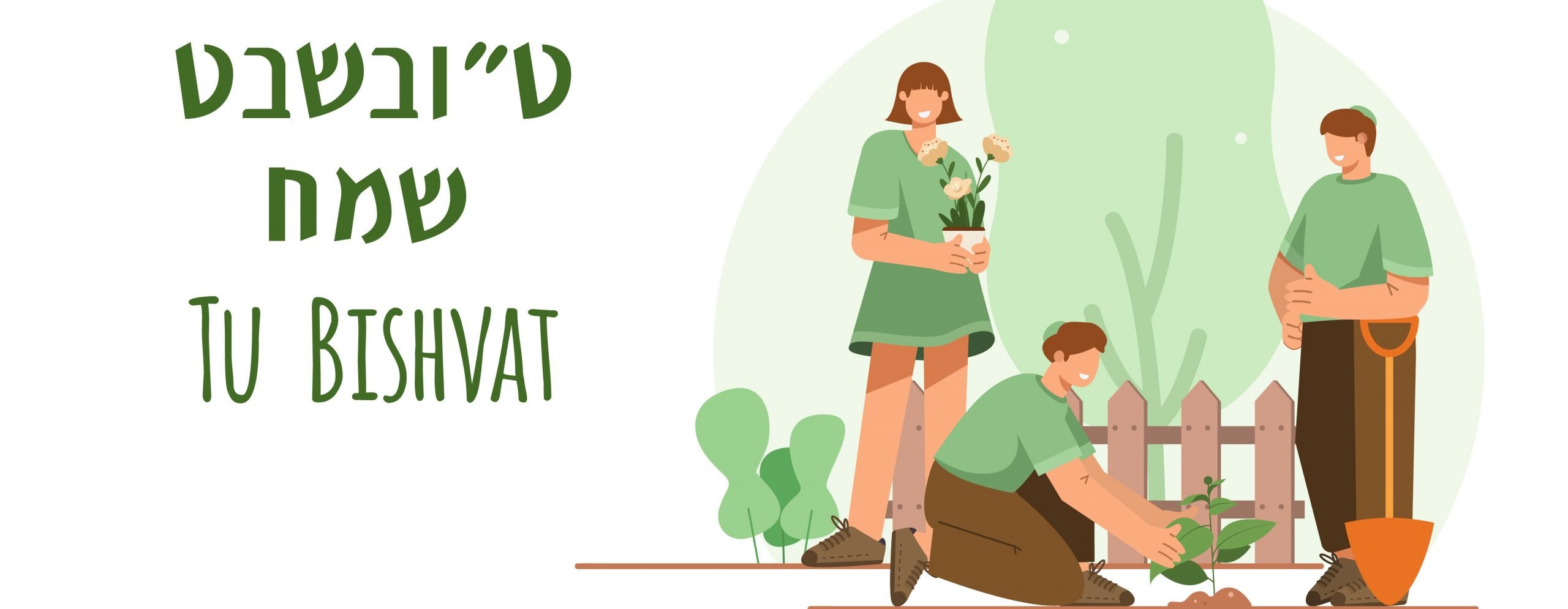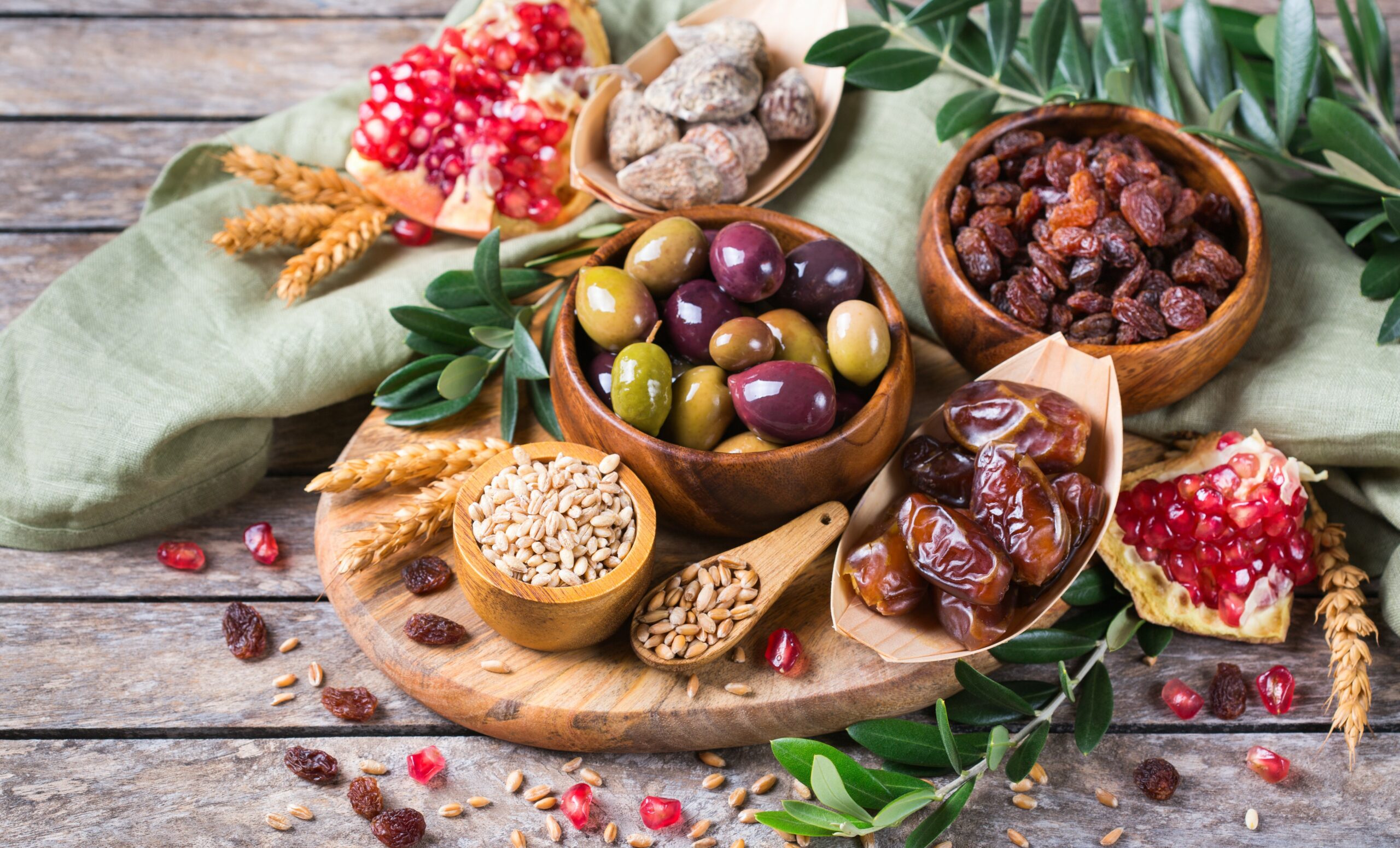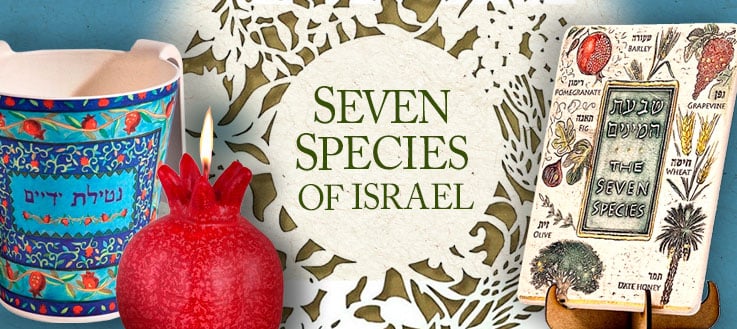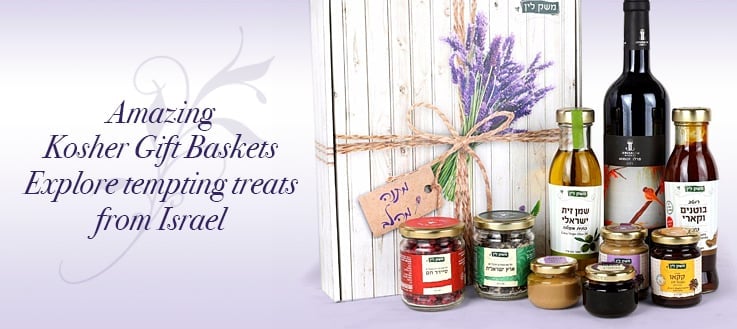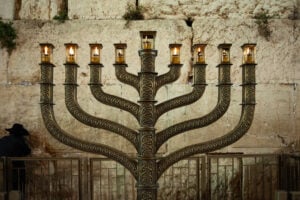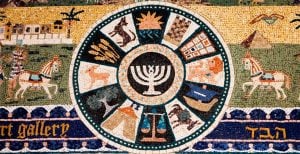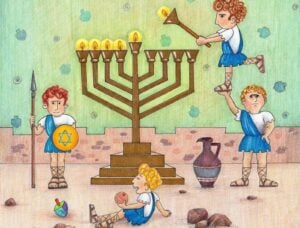Tu BiShvat is a minor festival that takes place on the 15th day of the Hebrew month of Shvat, with the name itself referring to the date. It originates in the Mishnah (the first part of the Talmud, also known as the Oral Torah) and was an agricultural holiday in the Biblical Land of Israel.
Many communities celebrate it today by honoring the Earth, planting trees, and eating the Seven Species of Israel (wheat, barley, grapes, figs, pomegranates, olives, and dates) along with other fruits and nuts.
In Israel, Tu BiShvat is commonly a day for planting trees and celebrating nature, particularly the special bounty of the Land of Israel.

And in honor of Tu BiShvat, we’re helping our customers plant their own trees in Israel from afar! For every order of $100 and up on our site through January 31, we will donate to Keren Kayemet LeYisrael (KKL-JNF) to have a tree planted in your name near the site of the October 7, 2023 attacks, at no extra cost to you.
You may also purchase your own tree, or additional trees, here.
Read more details here, and get your own free tree in Israel by shopping on our site today!
